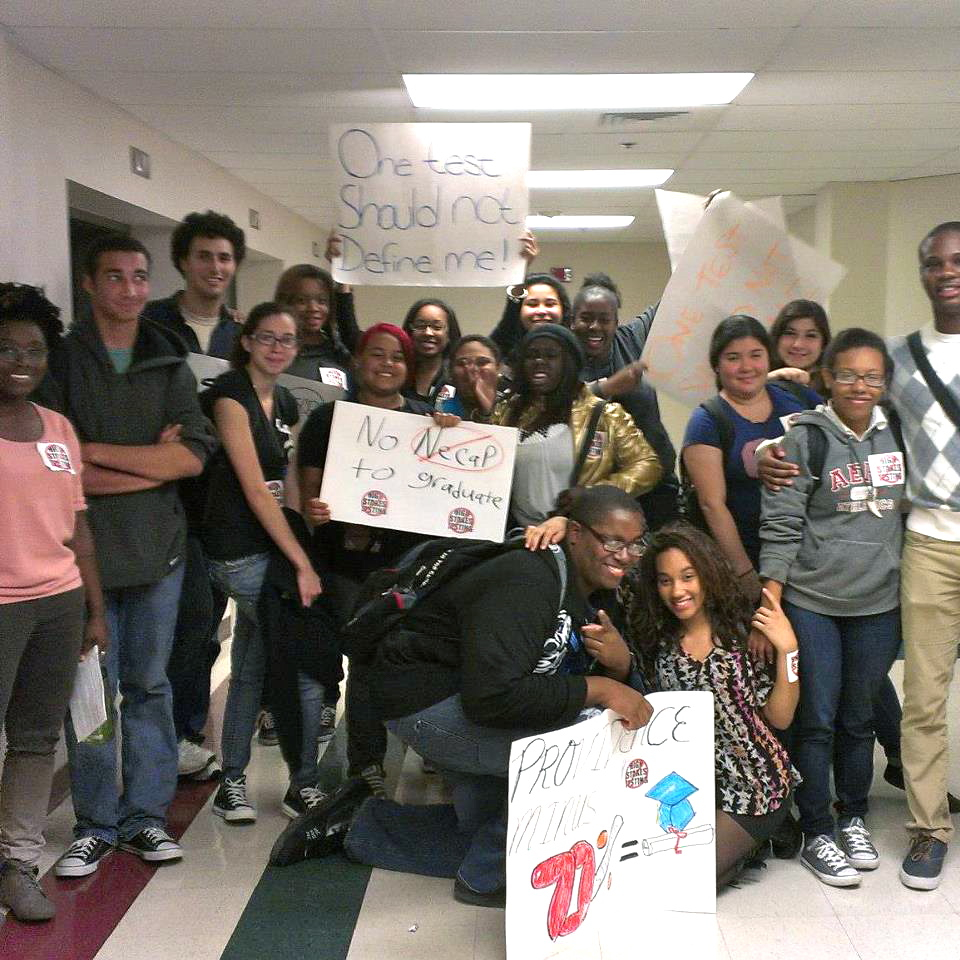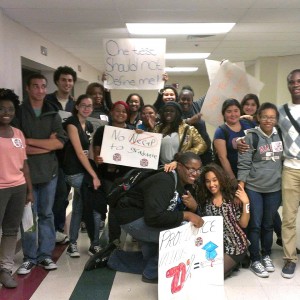
If you’re not up to speed on the recall election in Exeter, Progressive Charlestown‘s Will Collette has a synopsis for you. Essentially, four town councilors (all Democrats) approved resolution that would’ve allowed the General Assembly to allow the RI State Police to issue concealed carry permits for guns in Exeter; necessary because Exeter lacks a police force that can run background checks. The legislation died in committee.
Naturally, this miffed gun owners, so a bunch of out-of-towners organized a recall campaign, and voila! They met the 10% threshold required for signatures and the Democratic town councilors will all face a recall campaign.
I can’t speak to whether the recall will succeed. There’s plenty of money in guns, and little money for defending people from gun nuts, so take that as you will. From its 2012 results, Exeter is a reasonably centrist town with down-ticket races dominated by Democrats. The sort of place where money can go a long way in driving out votes in an off-year, irregular election day. While it might appear to be a parochial debate, it does raise questions about whether the RI Democratic Party will spend resources to protect the low folks on the totem poll, especially on an issue as divisive as gun control.
All that aside, what’s interesting to me is the way the recall election is designed. Should any of the town councilors be recalled, they’ll be replaced by the next highest vote-getter; in this case, that’ll be a Republican. Should all four councilors be recalled, then the new councilors plus the sole councilor not recalled (an independent) will select a fourth person (since there were only three losers in the race for town council). For those unfamiliar with the Exeter Town Council election system, all seats are at-large, meaning there’s a election where all candidates run and voters select five candidates; the top five candidates who collect the most votes enter the town council.
The group defending the town councilors, Save Exeter, is arguing that this amounts to stealing the vote of Exeter’s citizenry in the 2012 election. In one sense they’re right, it’s definitely a subversion of democracy to award seats to people who clearly lost an election. In another sense (as argued by the We the People of Exeter group pushing the recall), this is a perfectly legal exercise, which works through the democratic process. The problem doesn’t lie so much with the people behind the recall election, but rather with the law that established such a process.
When the recall law was written it could be that someone had the perfectly reasonable idea of having the runners-up take the place of the recalled councilor (Exeterites will have to correct me on this point). Perhaps they thought it would save the town money. But we should draw a line between what’s reasonable and cost-effective and what is fair and intelligent. And that’s the sad reality here; that following a recall vote, there should be an election to fill the seats. It wouldn’t be free or cheap, but it might actually be more democratic.









